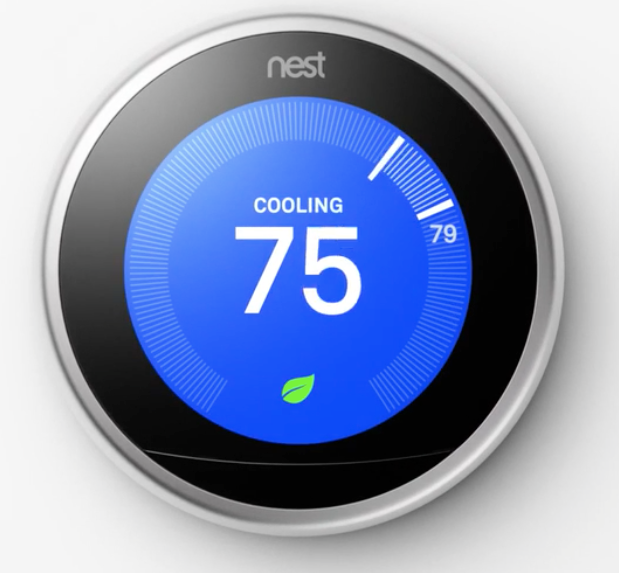I wrote here in July that I’d installed a Nest Protect and was very pleased with it, and ordered another. The second one works just fine, and replaced the other legacy detector in the house, but I did have some configuration problems getting it to work. I could not get the second one to talk to the first. This gave me an opportunity to contact the excellent (English speaking!) tech support group at Nest. I got a quick and comprehensive answer to my problem (essentially, I had to do a “reset” on the second Protect to cleanly restart the configuration process). The two systems are communicating fine, and both are working as designed. The downstairs unit continues to carry the load, as its location next to the kitchen means that it picks up smoke from broiling and frying. We continue to appreciate the polite “heads up” feature. I also like the “path light” feature; we use it differently on the two systems, with it set as an “always on” nightlight upstairs, but only as a “walk by” feature on the downstairs unit.
Today, I added in a Nest Thermostat to the mix. Installation was simple (I did check the configuration before I ordered the unit). Configuration took 15-20 minutes as you connect it to the network, it downloads a couple of software updates, and then go thru system configuration and testing. The house has three HVAC systems, and the one I replaced was the only unit without a digital thermostat. I could have gotten a digital thermostat for much less, and a programmable one for perhaps half the cost of the Nest. However, my experiences with programmable thermostats are that most of the time they don’t get programmed, and the idea of the “self programming” Nest is intriguing. How well will it work with other units controlled by dumb thermostats? Is it going to be worth replacing one or more of the others? I don’t know, but it was a good place to start. The room that it’s in is the main room in the house, and it’s challenging from a thermal perspective. It has large windows facing due west, and it picks up a lot of solar gain. Good in the winter, less so in the cooling season. So, this will be a continuing saga. Stay tuned!

